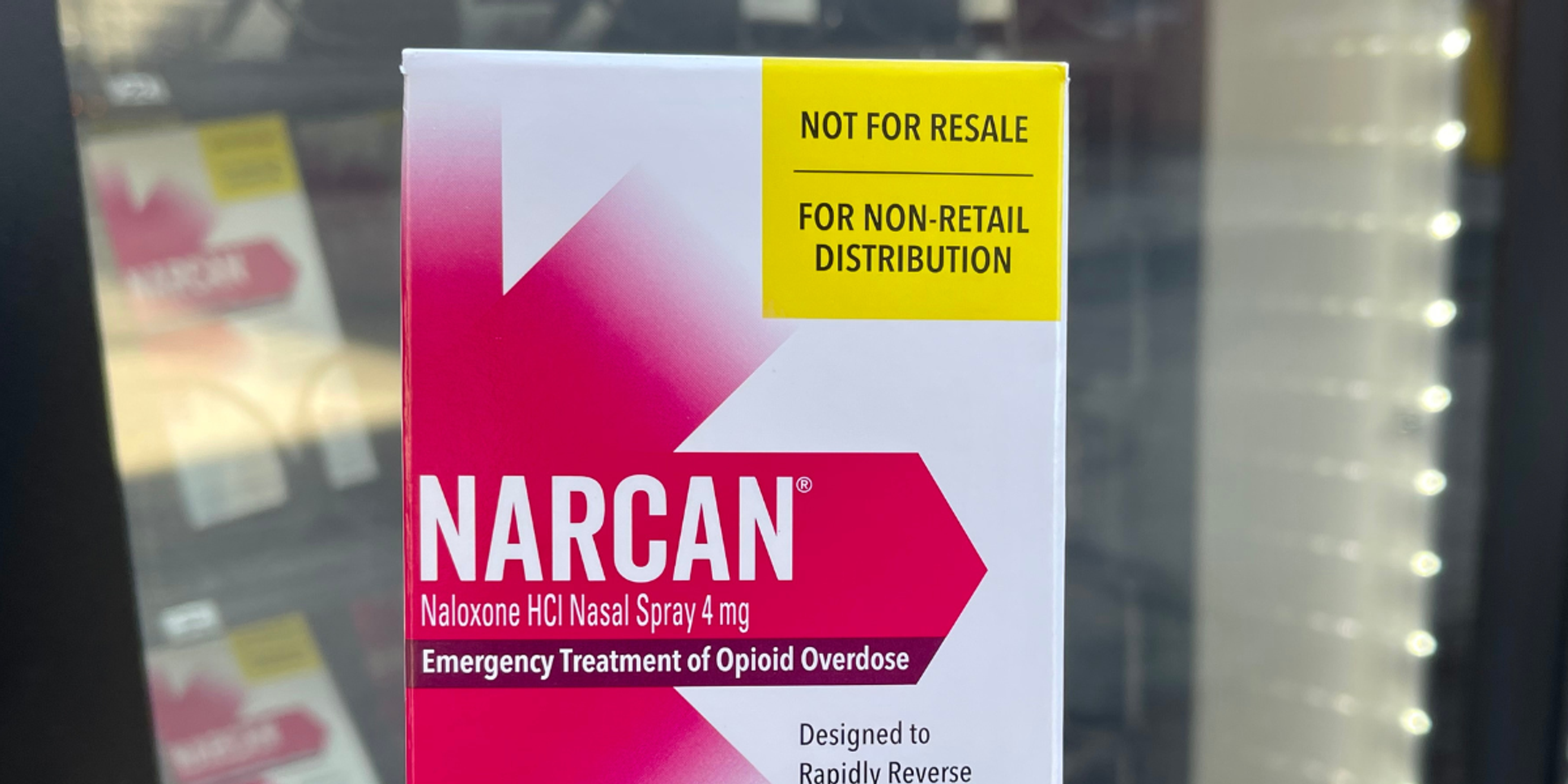Pandemic Alcohol Use: Casual or Concerning?

Dr. Gina Lynem-Walker
| 3 min read
Dr. Gina Lynem-Walker, MD, is a quality medical director for utilization management at Blue Cross Blue Shield of Michigan. She is an internal medicine physician with experience in utilization management, care management and disease management, and is a volunteer faculty member at Wayne State University Medical School. She is married with two children, and enjoys gardening, reading, crafts, music, community service and travel.

The purchase and consumption of alcohol has increased significantly in the U.S. during the COVID-19 pandemic. Alcoholic beverage sales rose 55% in the week ending March 21, which was the first week many stay-at-home orders were put in place. In fact, 16% of adults say they’re drinking more during the pandemic, according to poll results. This is a troubling trend as it relates to the mental and physical health of Americans.
How much is too much?
According to the Dietary Guidelines for Americans, moderate alcohol consumption is defined as up to one drink per day for women and up to two drinks per day for men, although an advisory committee recently recommended men might want to stop at one as well. A drink is defined as:
- 5 ounces or a “shot” of 80-proof (40% alcohol content) distilled spirits or liquor
- 5 ounces of wine (12% alcohol content)
- 8 ounces of malt liquor (7% alcohol content)
- 12 ounces of beer (5% alcohol content)
Finding healthy ways to cope with stress
Many people turn to alcohol to deal with stress because it temporarily boosts feel-good chemicals in the brain like serotonin and endorphins. However, heavy drinking can increase anxiety, especially for those predisposed to anxiety disorders. It’s also a depressant and can affect energy levels, which might discourage participation in healthier activities that help combat stress. Excessive alcohol use can also result in negative physical outcomes such as hangovers, blackouts and even liver damage with extended use. It’s important to address the root cause of chronic stress by seeking help from a mental health professional, but a few healthy ways to unwind include:
- Exercise
- Hobbies such as art, crafts, music or reading
- Meditation
- Talking to a friend, partner or loved one
Identifying problematic habits
Alcohol use disorder (AUD) is a treatable, chronic disease. Meeting two of the below criteria within the same 12-month period would merit a diagnosis of AUD, according to the “Diagnostic and Statistical Manual of Mental Disorders.”
- Continuing to use alcohol despite negative social problems caused by alcohol use
- Continuing to use alcohol despite psychological or physical problems likely due to alcohol use
- Cravings to use alcohol
- Giving up activities you’d previously enjoyed due to alcohol use
- Inability to cut down on alcohol use despite wanting to
- Interference in fulfilling work, home or school obligations
- Needing to drink increasingly large quantities to feel similar effects
- Spending a lot of time recovering from alcohol’s effects
- Symptoms of withdrawal when alcohol is not being used
- Using alcohol in physically dangerous situations such as driving
- Using more alcohol than intended
How to get help
Help is available for those concerned about their drinking habits. Talking to a primary care physician is a good first step in assessing whether alcohol consumption is problematic and for referrals to additional treatment, if necessary. Individuals without a primary care doctor can call the Substance Abuse and Mental Health Services Administration’s national helpline at 1-800-662-HELP (4357) for support and assistance. For additional support, resources and information visit bcbsm.com/mentalhealth. Dr. Gina Lynem-Walker is an associate medical director at Blue Cross Blue Shield of Michigan. More from MIBluesPerspectives.com:
- Immunizations Myths and Misconceptions
- Combating Suicide and Addiction Through Community Partnerships
- Misconceptions People Have About Suicide
Photo credit: martin-dm





